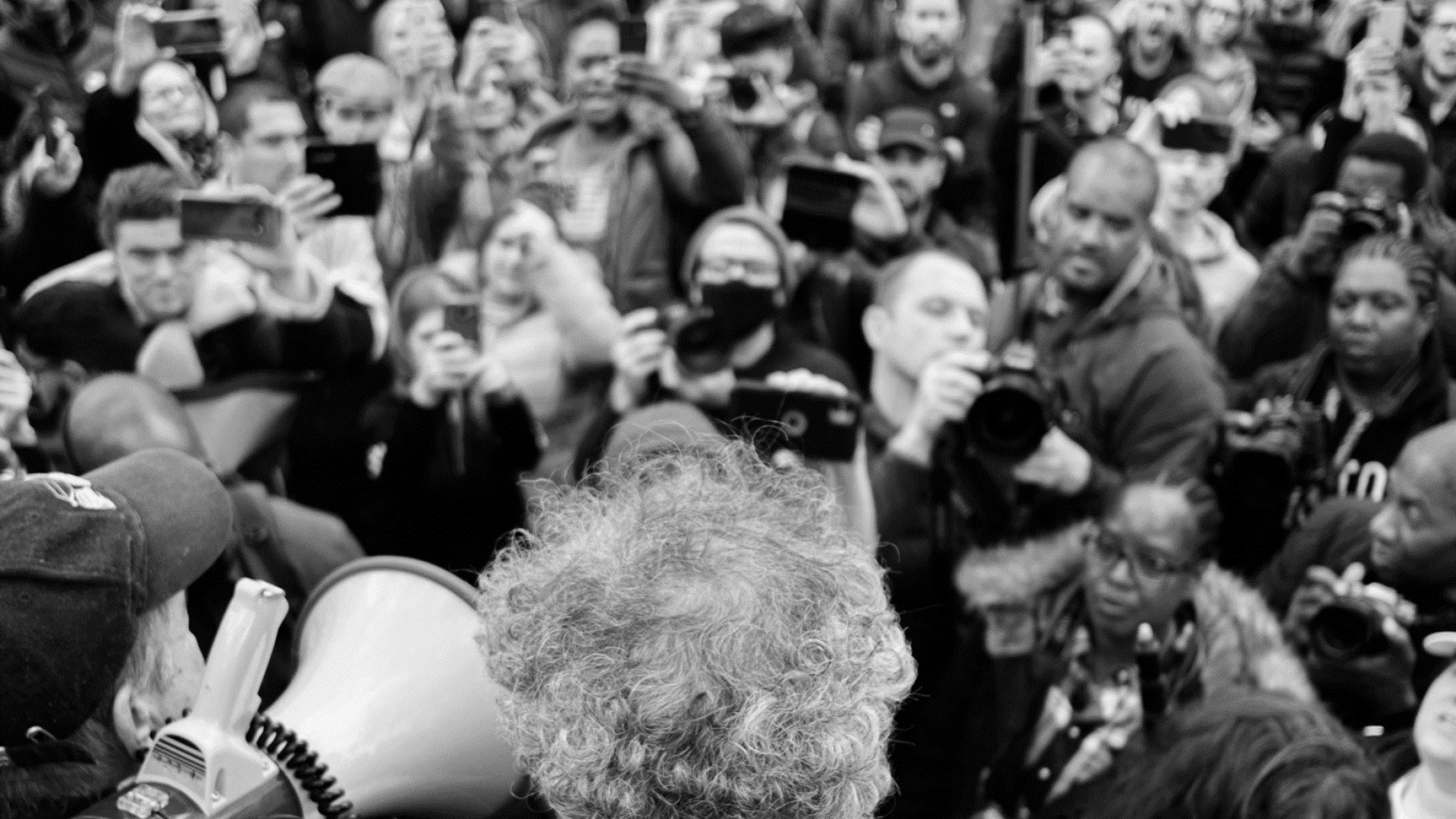With a General Election imminent, the public's attitudes toward charities getting involved in politics have become more of a focus. The Shelia McKechnie Foundation and nfpResearch wanted to understand how aware the public is of the political work of charities. We were interested in hearing if people felt charities should be occupying the political space and who they felt should be involved in politics. Our report unpacks our findings on campaigning and activism from nfpIntelligence (our regular general public research focussed on charity sector trends). We also ran two focus groups with charity supporters to look at these topics in more depth.
The findings from this research paint a bleak picture of the state of politics in the UK. Among our focus groups were some very engaged individuals, who support charities, are involved in their communities, and have participated in campaigns. Many had signed petitions and one had attended marches while another had met politicians on behalf of a charity. And yet hardly any saw themselves as ‘political’. It’s also an association they appear to want. Being political is not aspirational.
This is a problem for charities who seek to influence local and national government. In a recent Sheila McKechnie Foundation Charity Reform Group roundtable, one participant spoke about politics as ‘getting into the mud’. This is ultimately where many charities have to be to create positive change for the people they support. But it is not somewhere their supporters would choose to be themselves.
We also found that the public is more comfortable with some charity sectors lobbying than others. There were different reactions when we asked people about a homelessness campaign and an environmental campaign. Suggesting that if charities provide a service supporters will view this as a more crucial use of a charity's time and funds.
Charities are not considered to be as powerful as other groups in society – the media, multinationals, celebrities are all seen to hold more sway. Perhaps this is something charities can use to their advantage – a David vs Goliath narrative that can be very powerful, as demonstrated by Alan Bates and his tireless campaign for justice.
There is also some cause for optimism. The research shows that by using the right language and giving the right information about your work, there is a path to building understanding and support for your campaigning work. Language such as 'having a voice in parliament' and 'challenging government' is acceptable to the majority. Lobbying is something best left to others. And clear information on what your campaign will achieve, and why this is a better use of your resources than simply ‘sticking to your knitting’.
For a more in-depth look at our findings, please see the full report.

